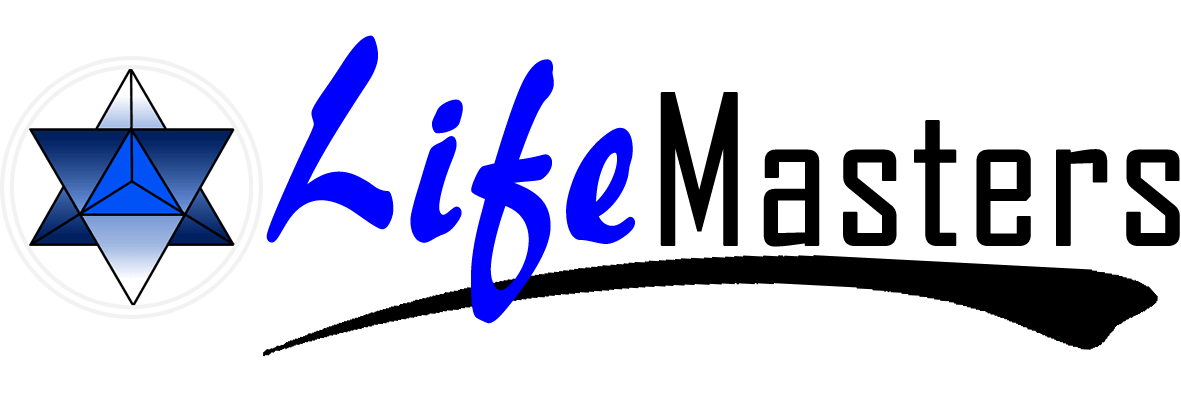IS Your Team Really High Performance TEAM?
Most staff team buildings events are not really organised to build better teams… the team building experience its really to improve the culture, relationships, diversity conflict reduction, and improve organizational energy and potential.
In the book The Wisdom of Teams, by Jon Katzenbach and Douglas Smith they define a team as…
“a small number of people with complementary skills who are committed to a common purpose, performance goals, and approach for which they hold themselves mutually accountable.”
These are the key components to creating what they call a “real” team, as opposed to a group of individuals who are working together.
They studied teams in dozens of organizations and determined these were the common elements among the real teams that were highly successful. If you are going to be doing some kind of staff team building. So let’s take a closer look at these characteristics.
- Small number – Smaller groups have fewer logistical issues with meeting often enough for them to form a real team. In a small group, each person’s contributions and responsibilities are clear, whereas larger groups have a more difficult time organically determining those responsibilities.
- Complementary skills – The members of the team have to have all of the necessary skills for them to achieve their goal. This requirement is somewhat less important than the others, as the authors observe that real teams give their members the incentive to go learn the skills they need for the team to be successful.
- Common purpose – Everybody on the team has to believe in a common goal. Teams in the process formation often require a great deal of communication and negotiation to agree on their common goal, but until the overall purpose is clear, the team can not move forward.
- Performance goals – The team must translate the common purpose into specific and measurable short-term goals. These goals give the team a chance to bind together in the pursuit of the goals, and create situations where all team members must contribute in order to achieve the goals. The goals also provide chances to celebrate small wins along the way towards the larger purpose
- Common approach – How does the team accomplish its goals? Who takes care of necessary logistics? The answers to these questions must be articulated for the team to continue moving towards its larger purpose, and not get mired in process and procedure.
- Mutual accountability – This is the big one in my opinion. Teams have to feel accountable for their results as a team, not as a group of individuals. The idea that the team can fail but that an individual team member has succeeded is incompatible with a real team. But when a team really believes in its purpose and performance goals, it will often hold itself to standards far beyond what the organization is expecting of it.
- v2021.12.23a
